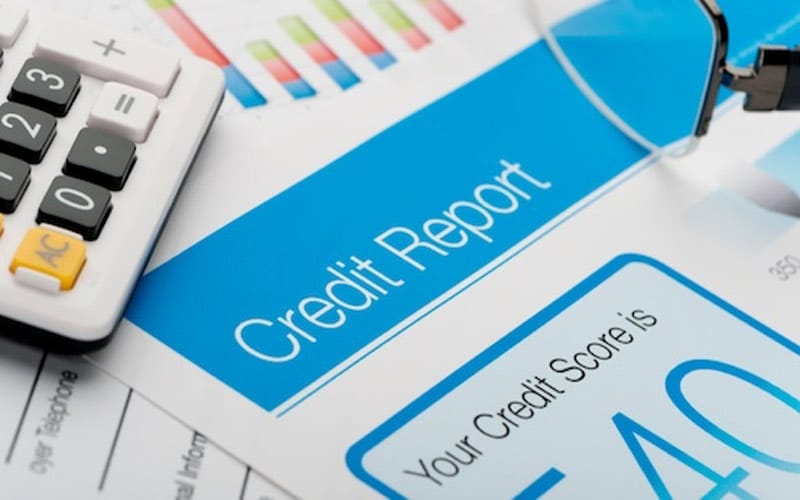If you have a low credit score, it could significantly affect your life. You’ll be less eligible for mortgages and other loans, you’ll receive higher interest rates and may face higher fees on your regular bills, and you may even be declined for an apartment rental or new job.
Unfortunately, there’s a cyclical process that can make it harder to pull yourself out of a bad financial situation. Credit scores are based on a number of factors, including how much debt you currently have (compared to your total debt threshold). If you aren’t making enough money to pay off those debts quickly, the power of compound interest can make you owe more on your original principal, and you may end up struggling with your debts for years. Your credit score will remain low, and you may find it harder to find opportunities that could allow you to pay your debts off quicker.
So what can you do?
Commit to On-Time Payments
According to NerdWallet, the single biggest factor in determining your credit score isn’t the amount of debt you have, but rather, whether you make bill payments on time. [pullquote]They suggest: “If you can’t remember to make payments, automate them.[/pullquote] Just make sure you’re getting every bill paid on time every month.”
Even a single missed or late payment could hurt your credit score even further, so avoid that outcome at all costs. It’s okay if your total debt remains high, so long as you continue making at least the minimum payments, and submit them on time.
Avoid Opening New Accounts
Newly opened accounts may be a red flag for financial institutions and could lower your credit score. When a financial institution checks your credit score to see if you’re worthy of a new line of credit, it’s known as a “hard inquiry,” which as Credit Karma explains, “could lower your credit score by a few points and may remain on your credit report for two years. Fortunately, as time passes, the damage to your credit score usually decreases or disappears, often even before the hard inquiry falls off your credit report.”
Even though opening a new account could be beneficial in consolidating your loans, and the drop in your score could be temporary, two years is still a long time. Soft inquiries, on the other hand, won’t drop your score – these are credit inquiries by other people and organizations, usually as part of a background check or something similar.
The Waiting Game
Beyond making all your payments on time and avoiding hard inquiries, the best thing you can do is wait. It’s unfortunate, but patience is your best tool in improving your credit score. According to Directing Attorney John Heath at Lexington Law, “It can take time for credit scores to recover because your score reflects your entire financial history—not just your recent financial decisions.” Plus, the longer your credit history is, the higher your score will be.
Attempting to Pull Out of Debt
Still, paying off your debt is a good thing—you’ll lower your credit score, you’ll decrease the amount of interest you’re paying, and you’ll even free up more money to spend in your daily life. If you’re looking for ways to pay off your debt faster, here are some introductory tips:
- Avoid accruing new debt. First and foremost, don’t take on any more debt. Avoid using your credit cards wherever possible.
- Create a budget. Next, take the time to create a detailed budget. Document your income, your regular monthly expenses, your occasional expenses, and even your superfluous spending. Any cash that you have left over each month should be used to pay down your debts.
- Cut your expenses. You can save more every month by cutting expenses that you don’t really need. Consider moving to a lower-cost area, or downsizing your entertainment budget.
- Seek additional income. Finally, consider taking on a second job, or picking up a hobby that could make you some extra money each month.
It’s possible to start improving your credit score, even if you’re still dealing with high amounts of debt. The more consistent and patient you are, the better your chances of eventual recovery. – For more information about increasing your credit score, click here!

COMMENTS